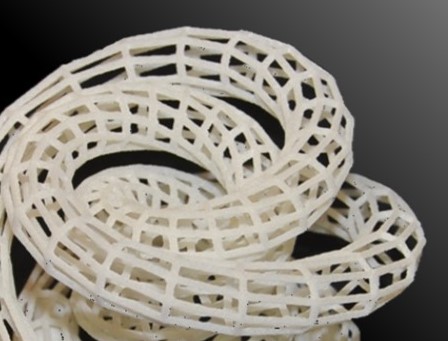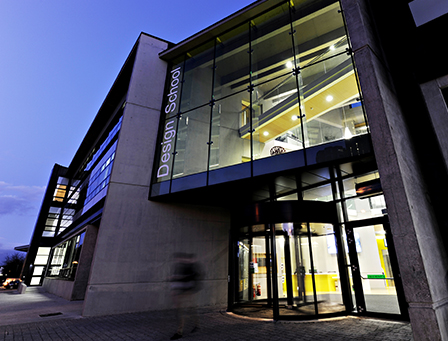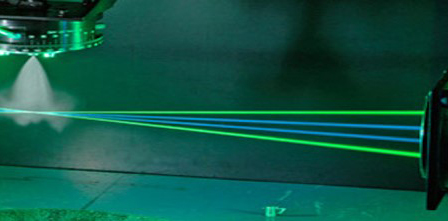Affiliations
The majority of the research activities within the AMRG Group is conducted in collaboration with academic and industrial partners. Research encompasses a broad range of sectors including: aerospace, automotive, defence, design, health, medicine, and electronics. Much of our work is cross-disciplinary and as such is conducted across multiple academic schools of the University and externally, both in the UK and internationally.
EPSRC Centre for Innovative Manufacturing

The EPSRC Centres for Innovative Manufacturing have been established to apply innovative ideas to maximise the research impact in the UK. The centres focus on supporting current as well as upcoming industries and markets. Launched in 2011, the EPSRC Centre for Innovative Manufacturing in Additive Manufacturing goal is to become the world’s leading centre for expertise in this field of research. The centre is formed of the partnership between Nottingham and Loughborough University receiving £ 4.9 million from the Research Council as well as £3.2 million from 16 major multinational companies such as Boeing, BMW and TWI and high tech SMEs. Currently, the expertise of the AMRG Group contributes to two projects: Jetting of Conductive and Dielectric Elements to Enable Multifunctional Additive Systems and Additive Manufacture of Novel Multifunctional Metal Matrix Composites by Ultrasonic Consolidation.
Loughborough University Design School

With the state-of-art facilities build in 2011, the Design school exhibits excellence in the three stands of activity: research, teaching and enterprise. Accompanying the manufacturing site of Additive Manufacturing provided by the AMRG, the Design Practice Research Group (DPRG) focuses on the knowledge of the act of designing. Better design practice and the development of new products via innovative techniques are some of the key research interests within the DPRG. Research activities include emerging technologies within product design, design process improvements, the use of design practice as a method of data collection and user-based product development.
EPSRC Centre for Doctoral Training

The EPSRC Centre for Doctoral Training (CDT) is one of three ways by which the EPSRC provides support for students. Funds will be given out for a period of four years. The CDT’s were established to enable engineers and scientists to gain skills and knowledge to challenge evolving and upcoming issues in technology. The CDT for AM and 3D Printing (3DP) was established to qualify specific research leaders to be able to conquer upcoming scientific and engineering challenges within AM over the next 10 to 15 years. Within the CDT for AM and 3DP, students will receive a specific training program and support, benefit from industrial partnerships and conduct a minimum of three months in industry.
MTC - Manufactruing Technology Centre
The Manufacturing Technology Centre (MTC), Coventry, was established in 2010 by national and regional governments. The MTC acts as a bridge between academia and industry – bringing together the innovative basic research ideas from academia to convert them into novel, application-oriented manufacturing solutions and technologies. Among TWI Ltd. (Operations) and Birmingham and Nottingham University, Loughborough University is one of the key research partners. The range of specialised manufacturing processes include: net shape manufacturing, intelligent automation, advanced tooling and fixturing, electronics manufacturing, metrology and non-destructive testing, high integration fabrication and computerised engineering.
Research Challenge – Enabling Technologies

Research challenges at Loughborough University intend to enhance interdisciplinary research activities as well as to provide an accelerating delivery of distinctive solutions to regional, national and international challenges to become a catalyst for growth. The research in Enabling Technologies strengthens society’s future challenges such as environmental impact and ageing populations. Basic fundamental and translational research is developed by cutting-edge ideas which are then applied to novel manufacturing techniques, materials and technologies fit for purpose and aid real world value. Projects include: High Value Manufacturing, Intelligent Systems, Devices and Sensors, Design and Visualisation, People, Knowledge and Connectivity and Advanced materials.
